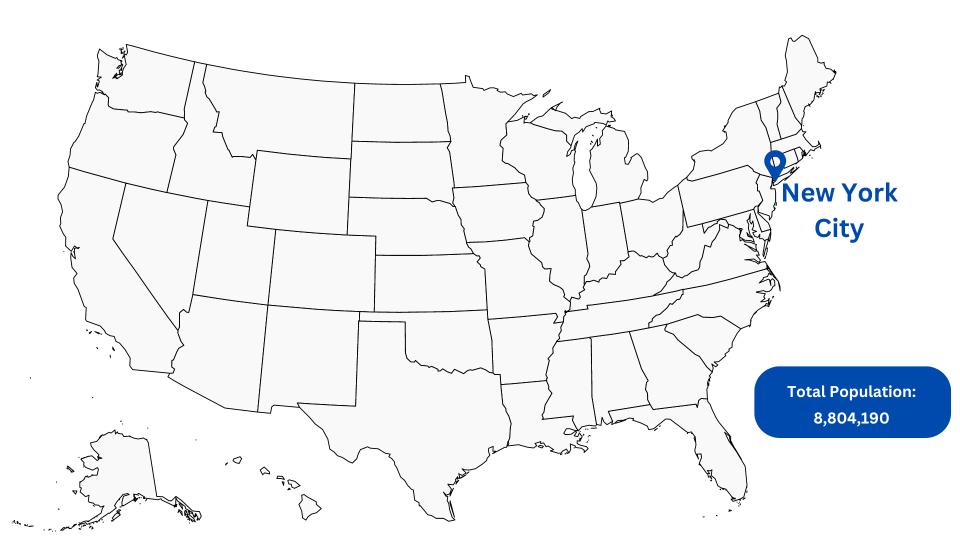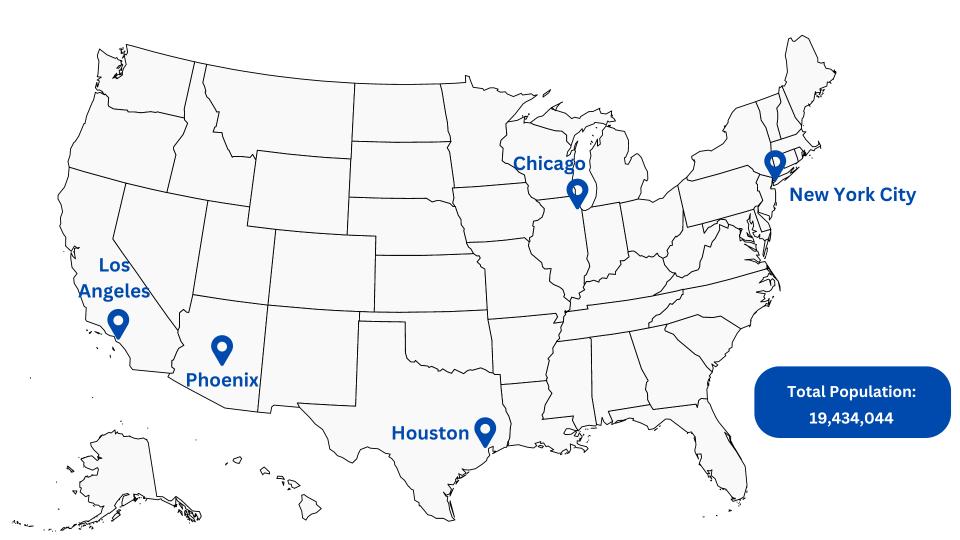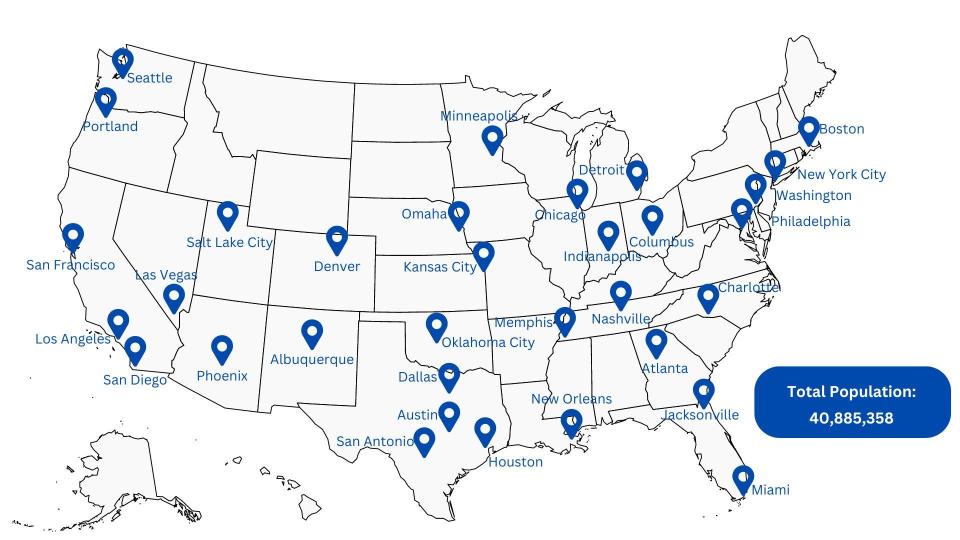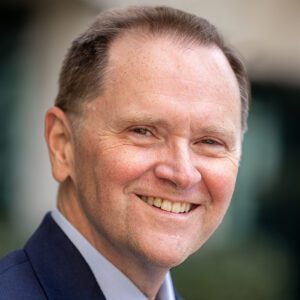Beyond Degrees: How Credential Innovation is Closing the Gap for 42 Million Learners

By Bob Hansen
A Movement, Not Just a Community
Convergence is emerging as the place where the credential innovation community for higher ed comes together. But more than a community, it’s a movement. Not a movement to make degrees less valuable, let alone obsolete. Rather, it’s a movement to complement degrees by meeting the needs of those for whom a traditional credential is neither practical nor desired.
42 Million Reasons Why Credential Innovation Matters
Credential innovation matters because of the 42 million people in the United States alone with some college but no credential. Think of all those who started but did not finish, often saddled with debt but also the lost opportunity for those individuals and their families, for their employers or would-be employers, and ultimately for the greater public good.
42 million people left behind. Imagine the scale of that lost opportunity! In fact, let’s try to put that staggering number in context.
To help us visualize the impact, let’s start by adding up the total population of cities we know. There’s almost 9 million people living in our largest city, New York. Ever visit New York? Imagine everyone you meet having some college and no credential. Even then, that number is a fraction of the total figure nationwide.

So, let’s add the next four largest cities in the U.S.: Los Angeles, Chicago, Houston and Phoenix.

Still not close. Now let’s add most of our other large cities.

That’s still short of the total number. There’s plenty of room to fit everyone living in your own college town or city.
Our Social Imperative
There is a new social imperative to move beyond binary thinking about credentials, where you either have a degree or you don’t. Credential innovation is the work of mapping the space between degrees and no credential of any kind—with multiple avenues for starting, pausing, and yes, finishing whatever learning outcome was intended, whether it’s a professional master’s degree or a skills-based microcredential.
Let’s talk about these 42 million people caught in the space between, all those with some college but no degree or quality credential of any kind. But first, let’s leave behind all the terms that are used to describe these learners. We have called them “nontraditional” or “nonresidential” students. Let’s say what they are instead of what they are not.

Let’s talk about lifelong learners and working adults whose schedules do not permit commuting to campus on a regular basis. Let’s talk about caregivers, veterans, and those striving to advance their career and family circumstances. These are all today’s learners, just as residential students are today’s learners.
And while we’re at it, let’s retire the terms “noncredit” and “nondegree.” Instead, let’s call them by their names: microcredentials, badges, professional certificates, stackable credentials. And let’s call this mapping of the space between “credential innovation.”
The New Frontier in Higher Ed
And finally, let’s talk about another reason why what we are doing to advance credential innovation matters to our colleges and universities. Credential innovation is an exciting new frontier, potentially as dynamic as online learning was a generation ago.
In some ways, this new frontier is more familiar to us than online was at the time. After all, online learning was entirely new to us, whereas certificates and other credentials have been a core competency of UPCEA members for more than a century.
So, what is new about credential innovation today? First, online learning is the great enabler for scaling credential innovation. Without scale, it is difficult or impossible to make a strong business case.
Second, credential innovation is the tip of the spear in the shift to outcomes-based learning and skills-based hiring practices. This is critical because today’s global economy—and therefore our national competitiveness—has certain acute needs that are addressed most effectively by short-term, skills-based training needs.
And third, more and more institutions are seeing credential innovation as a major form of research and development, an incubator with profound implications for reimagining the full spectrum of credentials, including traditional degrees. In other words, it’s increasingly understood that credential innovation is a laboratory for the future of learning itself.
Preparing for the future of learning requires of us a sense of urgency. If our institutions do not proactively advance or support the work of credential innovation, other players will dominate this new frontier and thus jeopardize the special role of higher education in our society.
This is the community—the movement—that is rising to meet this generational challenge. If not us, then who? We met the challenge of building the online learning enterprise, and now we are meeting the challenge of credential innovation.

Dr. Robert J. Hansen has served as Chief Executive Officer of UPCEA, the online and professional education association, since 2010. UPCEA has more than tripled in size during Hansen’s tenure by focusing on new initiatives that elevate the field, including industry-leading events for online leadership and credential innovation in higher education, online leadership development programs, and a popular research and consulting service for members. He previously served in senior leadership roles in both public and private universities, and as an education policy aide in the administration of former Illinois governor, Jim Edgar. Hansen earned a Ph.D. in English from the University of Notre Dame, an M.A. in Literature from the University of Michigan, and a B.S. in Psychology from the University of Illinois.
